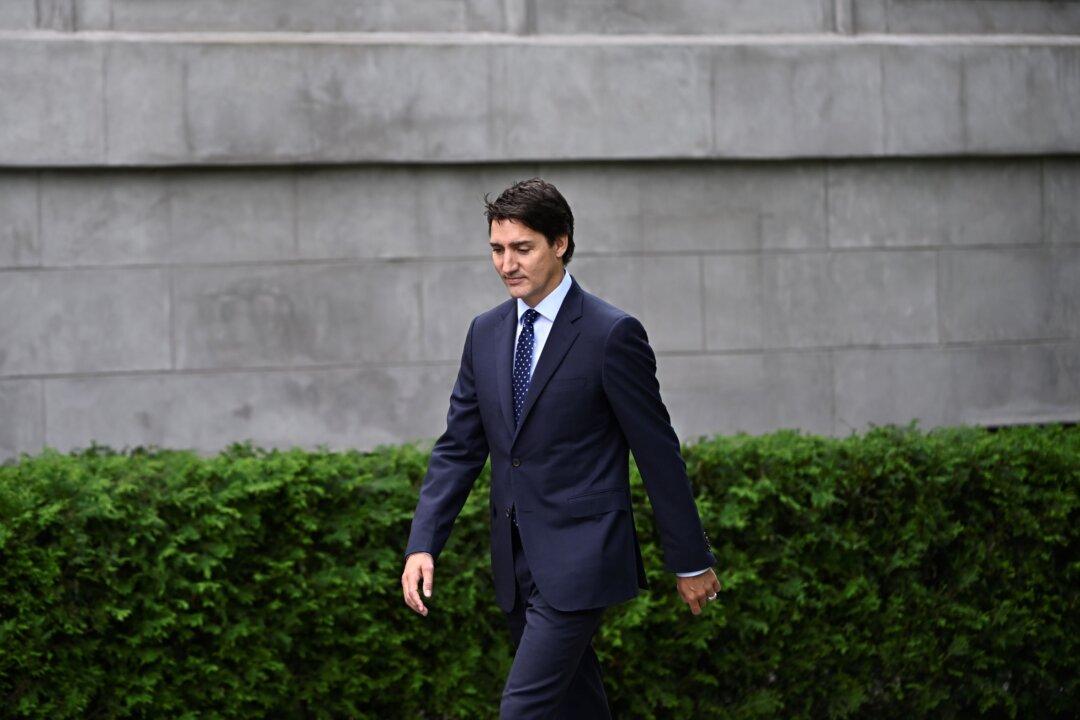The Liberal government will soon establish a new political body to oversee security and intelligence matters, Prime Minister Justin Trudeau announced on July 27 following his major cabinet shuffle the day before.
“We’re now looking at building a further National Security Council that will have a role of overseeing and setting a strategic direction for the new and real security challenges that countries like Canada are increasingly facing,” Mr. Trudeau said while speaking to reporters in Newfoundland and Labrador.





